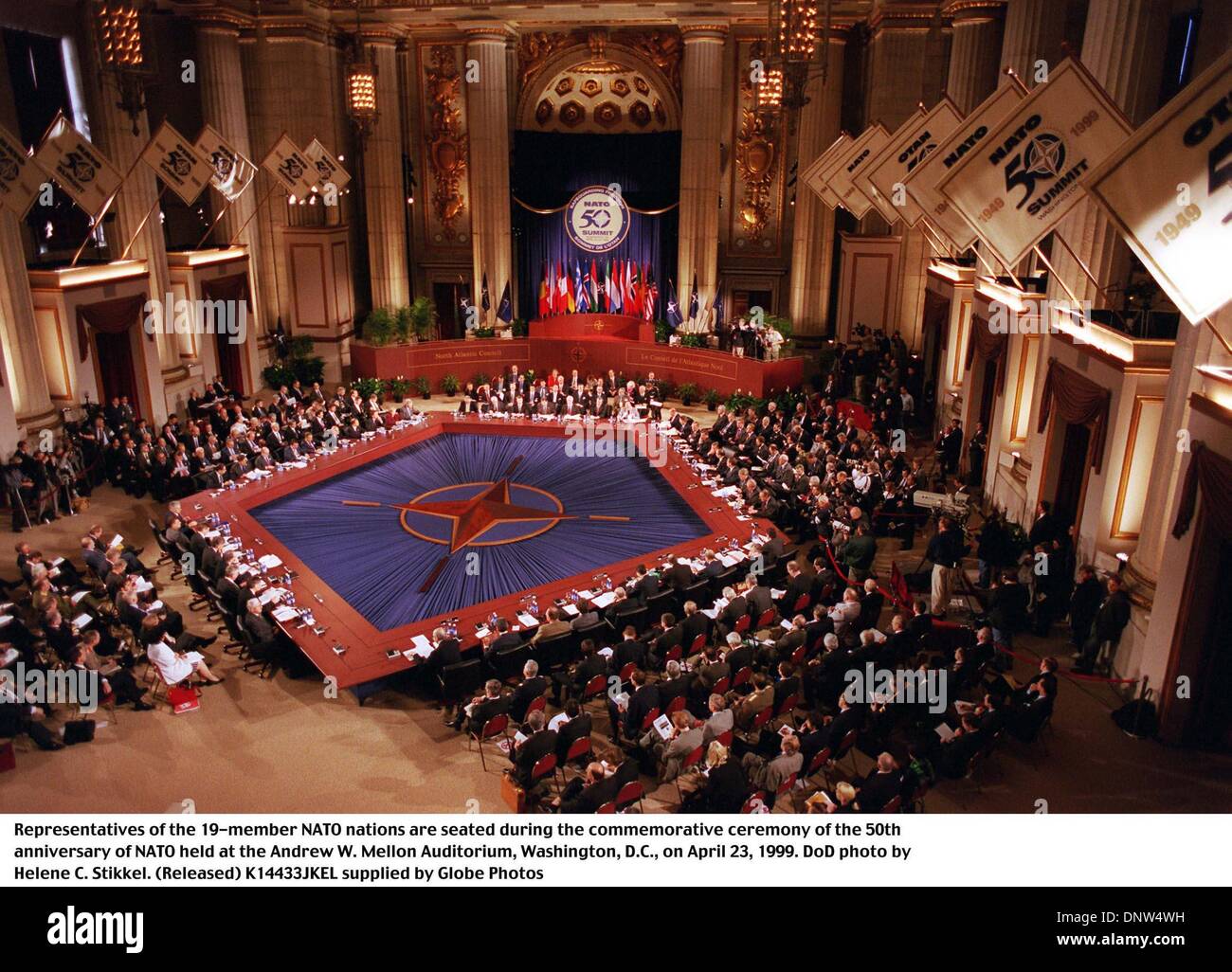Key Issues Discussed at the NATO Summit

Nato summit washington dc – The NATO Summit in Washington, D.C., brought together leaders from the 30 member states to discuss a range of critical issues facing the alliance. These included the ongoing war in Ukraine, the threat posed by Russia, and the need to strengthen NATO’s collective defense capabilities.
One of the key topics of discussion was the war in Ukraine. NATO leaders condemned Russia’s invasion and reaffirmed their commitment to supporting Ukraine’s sovereignty and territorial integrity. They also discussed ways to increase military assistance to Ukraine and to strengthen NATO’s presence in Eastern Europe.
Another major topic of discussion was the threat posed by Russia. NATO leaders agreed that Russia remains the most significant threat to the alliance’s security. They discussed ways to deter Russian aggression and to respond to any potential threats.
NATO leaders also discussed the need to strengthen the alliance’s collective defense capabilities. They agreed to increase defense spending and to invest in new technologies. They also discussed ways to improve NATO’s ability to respond to hybrid threats, such as cyberattacks and disinformation campaigns.
The NATO Summit in Washington DC, a crucial gathering of world leaders, underscores the significance of the NATO summit as a forum for shaping global security. This gathering provides an invaluable platform for addressing pressing challenges and reaffirming the alliance’s commitment to collective defense.
As the summit concludes, the world eagerly awaits the outcomes of this historic event, which will undoubtedly shape the future of international cooperation.
The NATO Summit was a success in terms of reaffirming the alliance’s unity and commitment to collective defense. NATO leaders agreed on a range of measures to strengthen the alliance and to deter Russian aggression. These measures will help to ensure that NATO remains a strong and effective alliance in the years to come.
The NATO Summit in Washington DC brought together world leaders to discuss pressing global issues. Among those in attendance was Marco Rubio , a prominent US Senator and vocal advocate for NATO. Rubio’s participation underscored the importance of the summit and the ongoing commitment of the United States to the alliance.
Impact on International Relations
The NATO Summit in Washington DC held significant implications for global alliances and partnerships. The summit’s outcomes may reshape geopolitical dynamics and redefine NATO’s role in international cooperation.
Global Alliances and Partnerships
The summit reaffirmed NATO’s commitment to collective defense and transatlantic cooperation. It also strengthened ties with partner nations, such as Japan, South Korea, and Australia. These partnerships are crucial for addressing global challenges, including climate change, terrorism, and cyber threats.
Geopolitical Dynamics
The summit’s focus on deterring Russian aggression has implications for geopolitical stability in Europe. The decision to deploy additional troops to Eastern Europe signals a shift in NATO’s posture towards Russia. It could also lead to increased tensions between NATO and Russia.
NATO’s Role in International Cooperation, Nato summit washington dc
The summit highlighted NATO’s evolving role in international cooperation. The alliance is increasingly engaged in non-traditional security challenges, such as climate change, cybersecurity, and terrorism. This reflects NATO’s recognition of the interconnectedness of global security threats.
Reactions and Perspectives: Nato Summit Washington Dc
The NATO summit in Washington D.C. garnered diverse reactions and interpretations from various stakeholders, reflecting the multifaceted nature of the event and its implications for international relations. This section examines the reactions of member states, non-member states, and international organizations, providing a comparative analysis of their viewpoints and exploring the potential impact of the summit on public opinion and foreign policy decision-making.
Reactions from Member States
Member states largely welcomed the outcomes of the summit, expressing satisfaction with the reaffirmation of the alliance’s commitment to collective defense and the adoption of a new Strategic Concept. They praised the focus on strengthening NATO’s deterrence and defense capabilities, as well as the recognition of the growing challenges posed by Russia and China.
Reactions from Non-Member States
Non-member states, particularly those with close ties to NATO, expressed cautious optimism about the summit’s outcomes. They appreciated the alliance’s commitment to dialogue and cooperation, while also emphasizing the need for NATO to address their concerns and interests. Some non-member states expressed concerns about the potential for NATO’s expansion to create new tensions in Europe.
Reactions from International Organizations
International organizations, such as the United Nations and the European Union, welcomed the summit’s focus on strengthening international cooperation and addressing global challenges. They emphasized the importance of NATO’s role in promoting stability and security, while also urging the alliance to work closely with other international organizations to address common threats.
